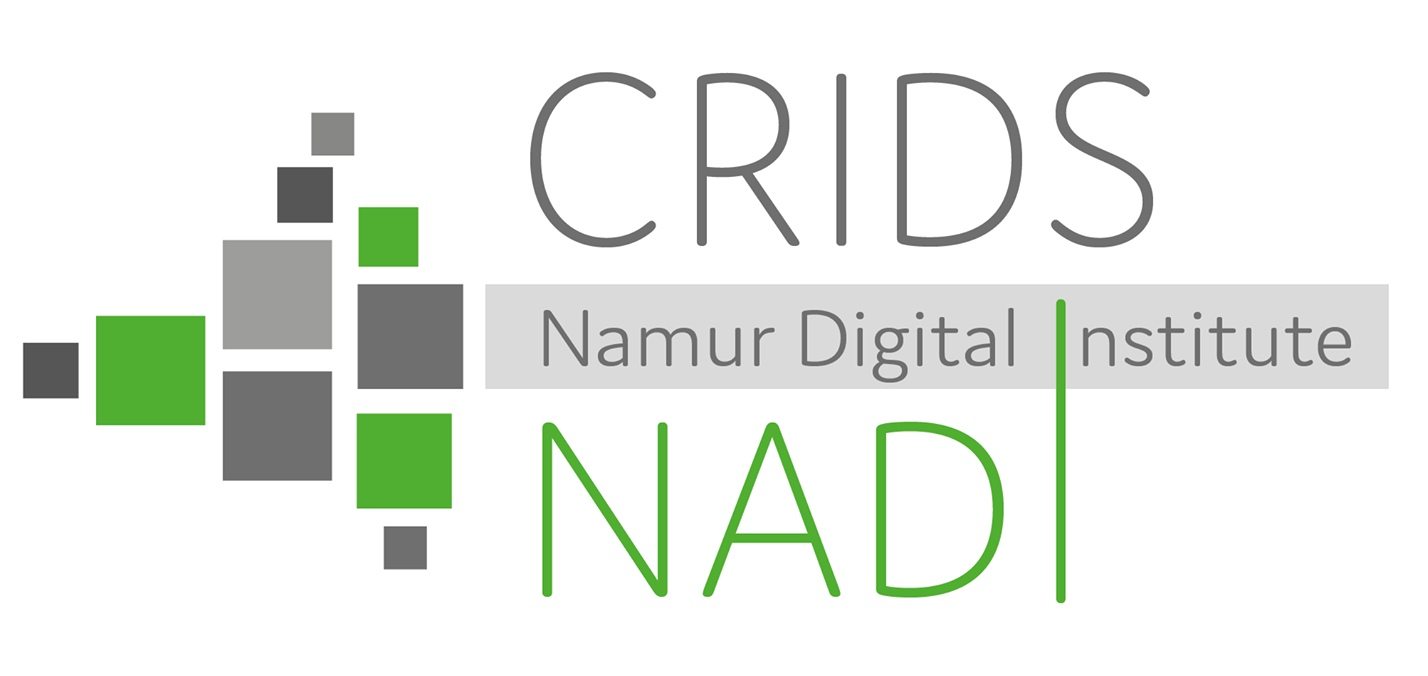Governance & Digital citizenship

Digital citizenship covers topics surrounding the way data and technologies is transforming interactions between citizens and between citizens and ‘authorities’ and the places where we live.
The research at the CRIDS focusses on the following areas.
— Through case studies and observations, the research aims to understand the social and political dynamics that can sustain the deployment of digital platforms to empower citizenship
— The analysis of what makes the social acceptability and the appropriation of digital platforms by the citizens and development of methods that reinforce the citizens’ participation in the design of platforms
— Since those digital platforms are epistemic membranes through which we interact and understand our environment, it is both important to understand the transformation this datafication or textualisation has on our social representation and on our agency and to clarify the ethical and legal issues raised by this new mediation of our realties
— Regarding governance, it is important to assess the impact of this new citizenship realm on the transparency and vitality of our democracies
Latest publications
F. JACQUES, « Le Covid Safe Ticket wallon attrait en justice : coup de projecteur sur le rôle de l’Autorité de protection des données dans le processus d’élaboration des normes», A.P.T., 2023, pp. 185-199.
T. TOMBAL, P. WILLEM, C. DE TERWANGNE, «Legal framework for the use of artificial intelligence and automated decision-making in public governance», The new digital era governance, Wageningen, Wageningen Academic Publishers, 2022, pp. 141-178.
T. TOMBAL, P. WILLEM, C. DE TERWANGNE, « Legal framework for the use of big data and blockchain in public governance », The new digital era governance, Wageningen, Wageningen Academic Publishers, 2022, pp. 111-140.
A. SIMONOVSKI, T. TOMBAL, C. DE TERWANGNE, P. WILLEM, B. FRENEY, M. JANSSEN « Balancing fraud analytics with legal requirements : Governance practices and trade-offs in public administrations», Data & Policy, 2022, n°4, 21 p
Key publications
E. DEGRAVE, «Traçage, fichage, profilage : la vie privée touchée par le Covid», Le droit public belge face à la crise du Covid-19 : quelles leçons pour l’avenir ? , Bruxelles, Larcier, 2022, pp. 785-805.
E. DEGRAVE, L'e-gouvernement et la protection de la vie privée, coll du C.R.I.D.S, 36, Bruxelles, Larcier, 2014, 764 p.
M . CHANTILLON , R. KRUK, A. SIMONOVSKI, T. TOMBAL, J. CROMPVOETS, « E-services géographiques en Belgique : vers une stratégie fédérale pour de futurs e-services flexibles et innovants», Science connection, n° 55, 2017, pp. 20-25. (FREE PDF HERE)
E. DEGRAVE (dir.), L’ABC du RGPD : dictionnaire pratique à destination des administrations, Namur, UVCW, 2018, 123 p.
L. GERARD, «Le Comité de sécurité de l’information : illustration d’une incohérence législative», R.D.T.I. , 2018, pp. 55-72.
C. de TERWANGNE, E. DEGRAVE (ed.), A. DELFORGE, L. GERARD (coll.), La protection des données à caractère personnel en Belgique : manuel de base, Bruxelles, Politeia, 2019, 189 p.





